Memorial Day and ISIS
Today is Memorial Day, when we remember the past services and sacrifices of our veterans, and the present day sacrifice and service of today’s armed service members.
Nobody but a madman or an extremely ignorant person likes war, least of all the poor bastard who has to fight it. To this I can personally attest.
Yet our horror of war and misery from past sacrifice, especially if the sacrifice is personal, can lead us to attempt to ignore very severe, even existential threats to our country’s survival. Threats like ISIS. And despite anything that our President says [see here and here, and here], ISIS is indeed an existential threat. It is such a threat, not just because of the brutal violence and stated intentions of ISIS, but also because the American electorate has made it so in their commendable aversion to war.
It is not as if we do not have the means to destroy ISIS (we do), but it is a matter of if we have the will to use our military power to do what is necessary (very uncertain). It is almost indisputable that we greatly over-match ISIS in combat power, although we might have to augment the number of soldiers, sailors, and airmen to do the job.
As ROTC cadets, Military Academy cadets, midshipmen at the Naval Academy, and Air Force cadets all learn in their classes, combat power has at least four sources: firepower, mobility, communications, and supply. In each of these categories we are vastly superior to ISIS. IF we applied these sources of power properly according to the principles of war and if we had the will, there is no doubt in my mind that we could utterly destroy ISIS.
As a very junior field artillery officer in Vietnam during 1968 and 1969, I experienced first-hand the meaning of the last paragraph. I was assigned to a heavy battery (Alpha Battery, 2d Battalion, 32d Artillery) of two eight-inch howitzers and two 175 mm guns. We were one of the very few heavy batteries that was put in an actual fire base rather than in a much larger base camp. For my entire term of service there, my battery stayed at Camp St. Barbara, which we all called the Old French Fort, located about six kilometers north of Nui Ba Den mountain in Tay Ninh province. [By the way, in the process of writing this post, I was lucky enough to find a photo album of my battery online with photos from the time I was there. Check it out and you will see something of what it was like to be an artilleryman in Vietnam.] The province juts into Cambodia, with the Cambodian border being the Tay Ninh border on the North, West, and Southwest. Across the Northeast corner of the border in Cambodia was a very big North Vietnamese base camp that we called the Fish Hook. Across the Southwest border in an area that we called the Parrot’s Beak was another big North Vietnamese base camp.
Most of the time I was with Alpha battery, I was one of the two fire direction officers supervising the fire direction center. We took in calls for fire from forward observers and calculated commands to the guns and howitzers. During most fire missions we used only one gun or howitzer.
Occasionally, some very lucky junior officer in the battalion was pulled from his battery and attached to a South Vietnamese infantry battalion to act as a forward observer. For some reason the US did not provide heavy artillery to the South Vietnamese, and we would not take calls for fire from their forward observers because of the language and security problems. This meant that US officers would have to be attached to South Vietnamese units to provide heavy artillery support. As a junior 2d lieutenant, I was “lucky” enough to be chosen twice. Both times I was attached to a South Vietnamese airborne battalion patrolling just on our side of the border with the Parrot’s Beak.
While I was with the 3d Battalion, ARVN Airborne, the battalion commander was constantly trying to make the battalion a very enticing target to the North Vietnamese. Most of the time the North Vietnamese stayed in their base camps in Cambodia, and we were very severely prohibited from crossing the border ourselves to engage them. We were constantly doing things that ordinarily would be very stupid tactically. We would show them our flanks as we patrolled parallel to the border. We would show them our rear as we marched away from the border. Night after night we would send up flares into the sky to make sure they knew where we were. We did everything but send an engraved invitation to come fight.
Every now and then they would take us up on our invitation and hit us in our night camp. I particularly remember one time in May 1969 when we were hit at approximately 3:00 AM by an entire regiment of North Vietnamese regulars, the 271st VC/NVA regiment. (We gave the 271st Regiment the designation of VC/NVA for the following reason. During the Tet 1968 offensive almost all of the South Vietnamese VC were killed or captured. Therefore formerly VC units like the 271st were remanned with NVA regulars) They outnumbered us by approximately 3 to 1. We absolutely took them apart. I was very proud of the courage of our South Vietnamese soldiers in standing up to them, and I was similarly proud of the skill of the eight inch howitzer sections in our battery in Tay Ninh base camp (Bravo Battery) in laying down fire on the enemy. By six o’clock in the morning, the enemy regiment was falling apart and started to disengage to run for the border. I went with a company of the battalion when we were picked up by Huey helicopters to try to leap-frog the enemy before they could cross the border. Unfortunately, we were not able to catch them before they crossed. We never heard of that particular regiment again for the rest of the time I was in Vietnam.
So what lessons does all this have for us today in our confrontation with ISIS? First of all, if the enemy does not have the fire power, mobility, and communications that we have, we can face a numerically superior enemy and destroy him. Second, if we engage an enemy, we should follow him wherever he goes until we destroy him. We cannot afford to allow him a refuge in a base camp across some border, the way we did in Vietnam. Most of all we must have the will to engage them.
So is it necessary for us to engage ISIS? I will have some more to say about this in future posts, but I offer these personal judgements for now. ISIS has declared that they want eventually to overthrow not just the United States, but all of western civilization to establish a world-wide caliphate. Most especially and particularly, they want us. They have said that they want to see the black flag of the caliphate over the White House. We ignore them at our peril, because if we do, we make them an existential threat.
Views: 1,989
GO TO HOME























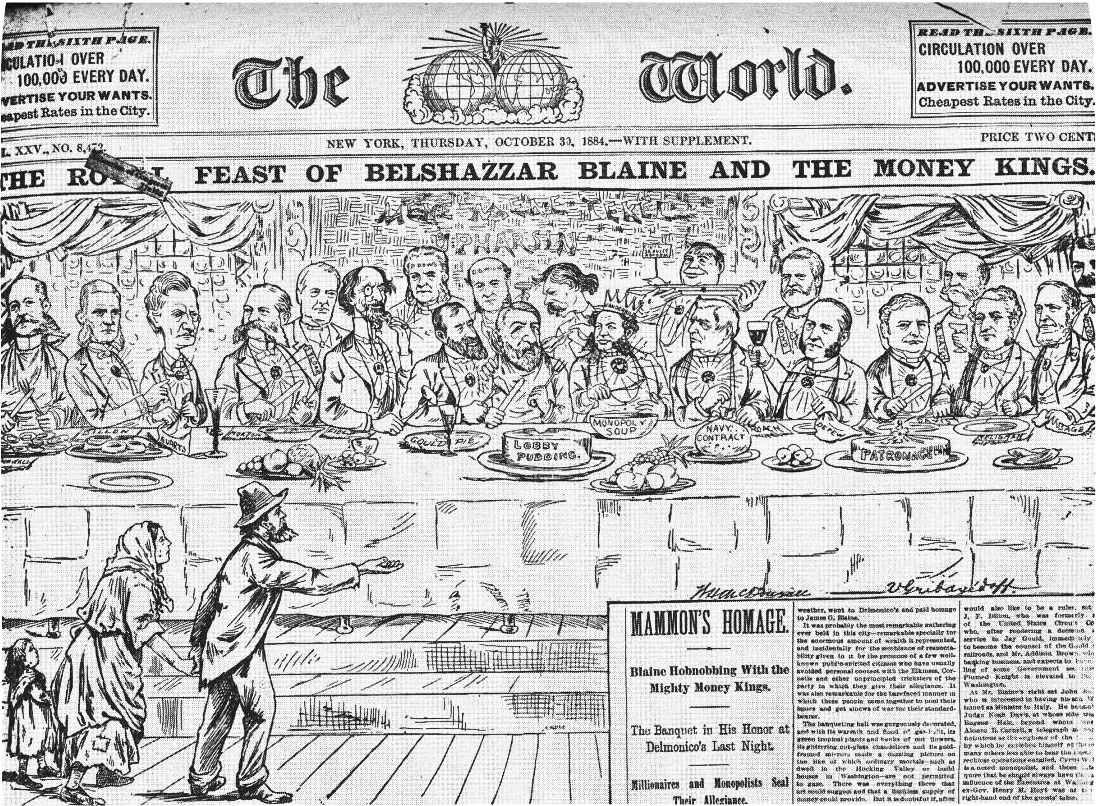

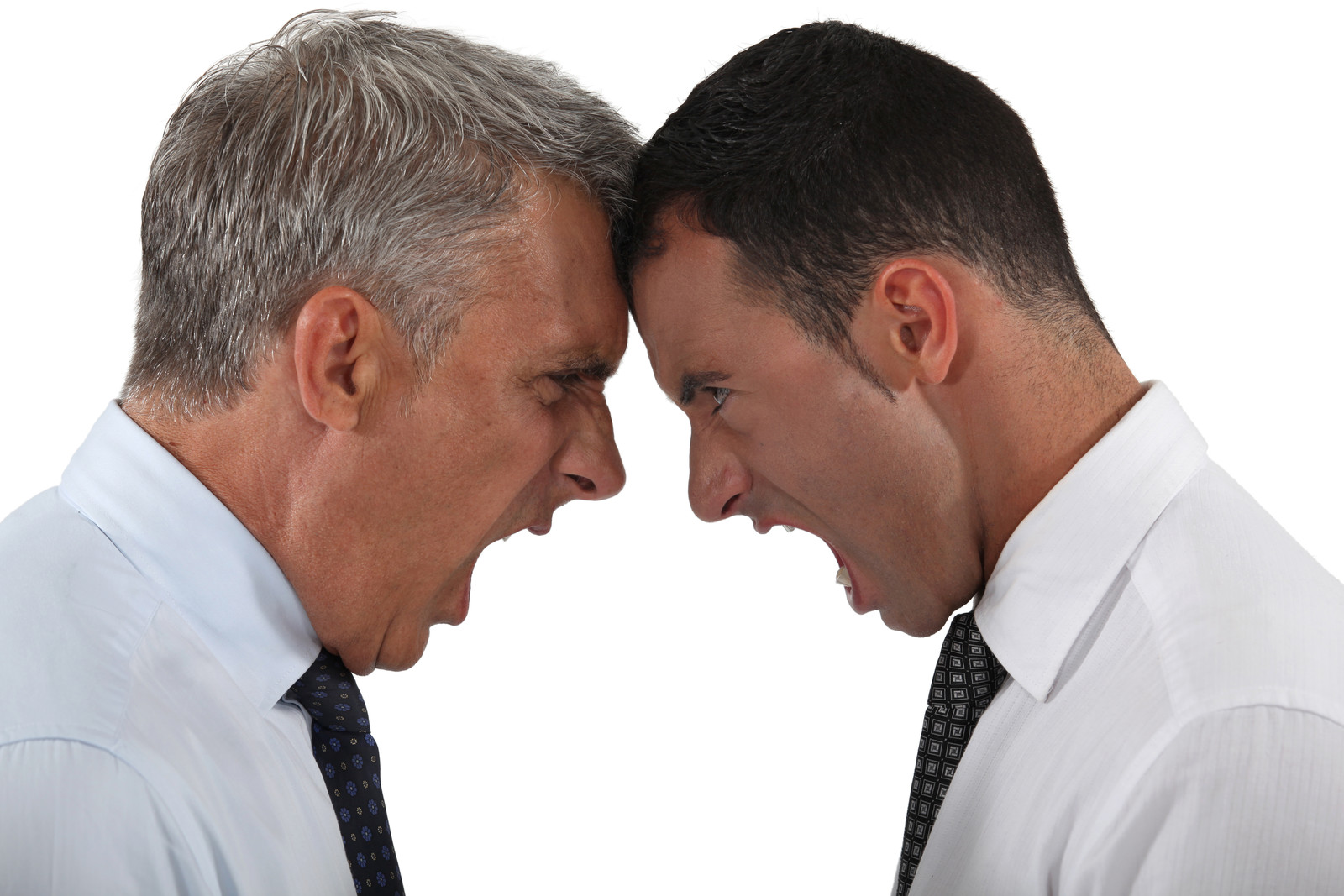
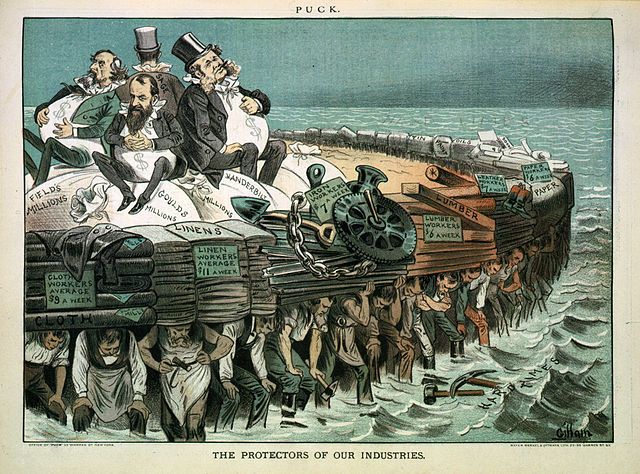
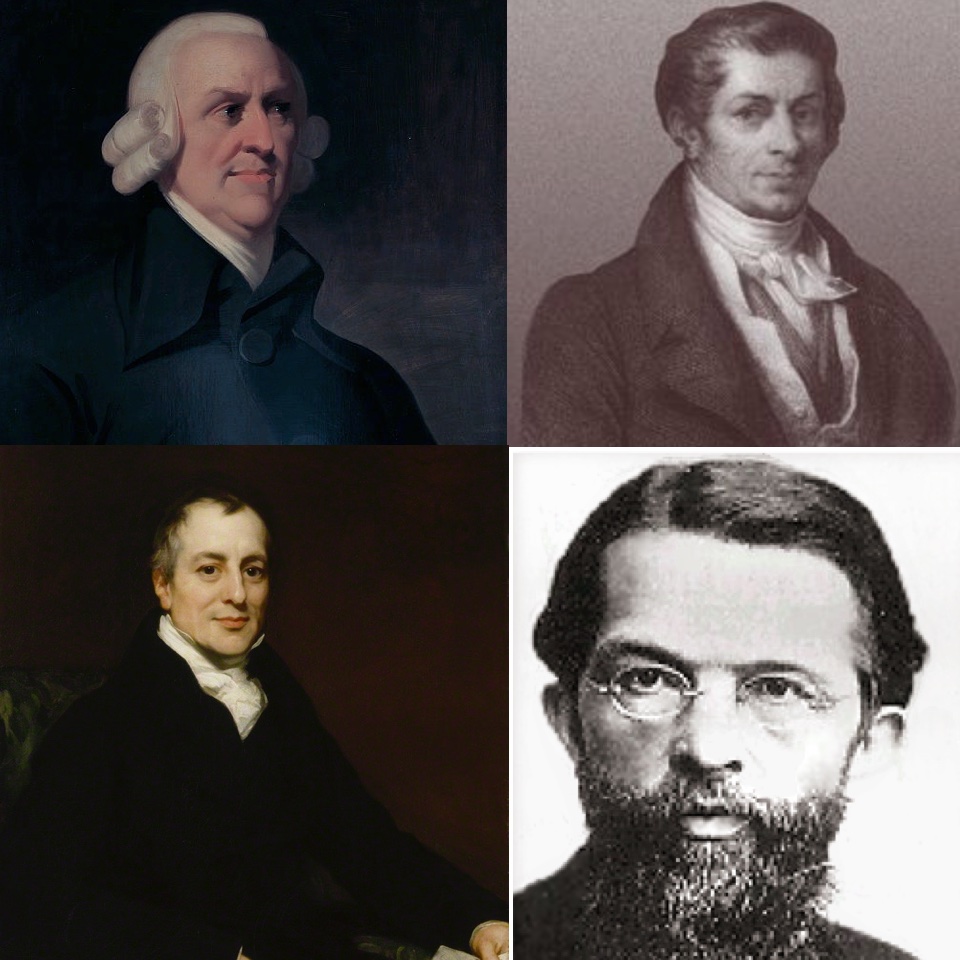
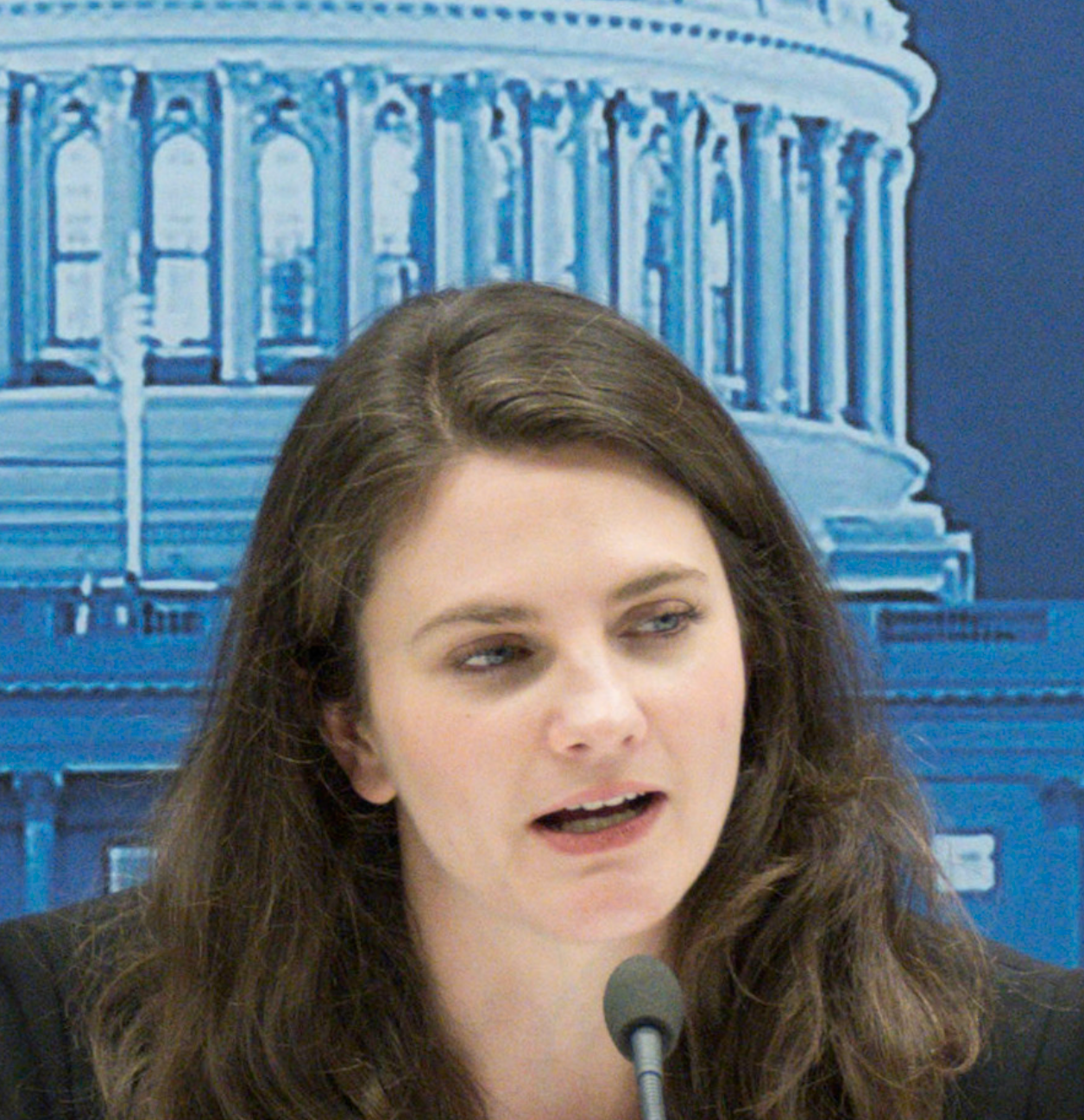
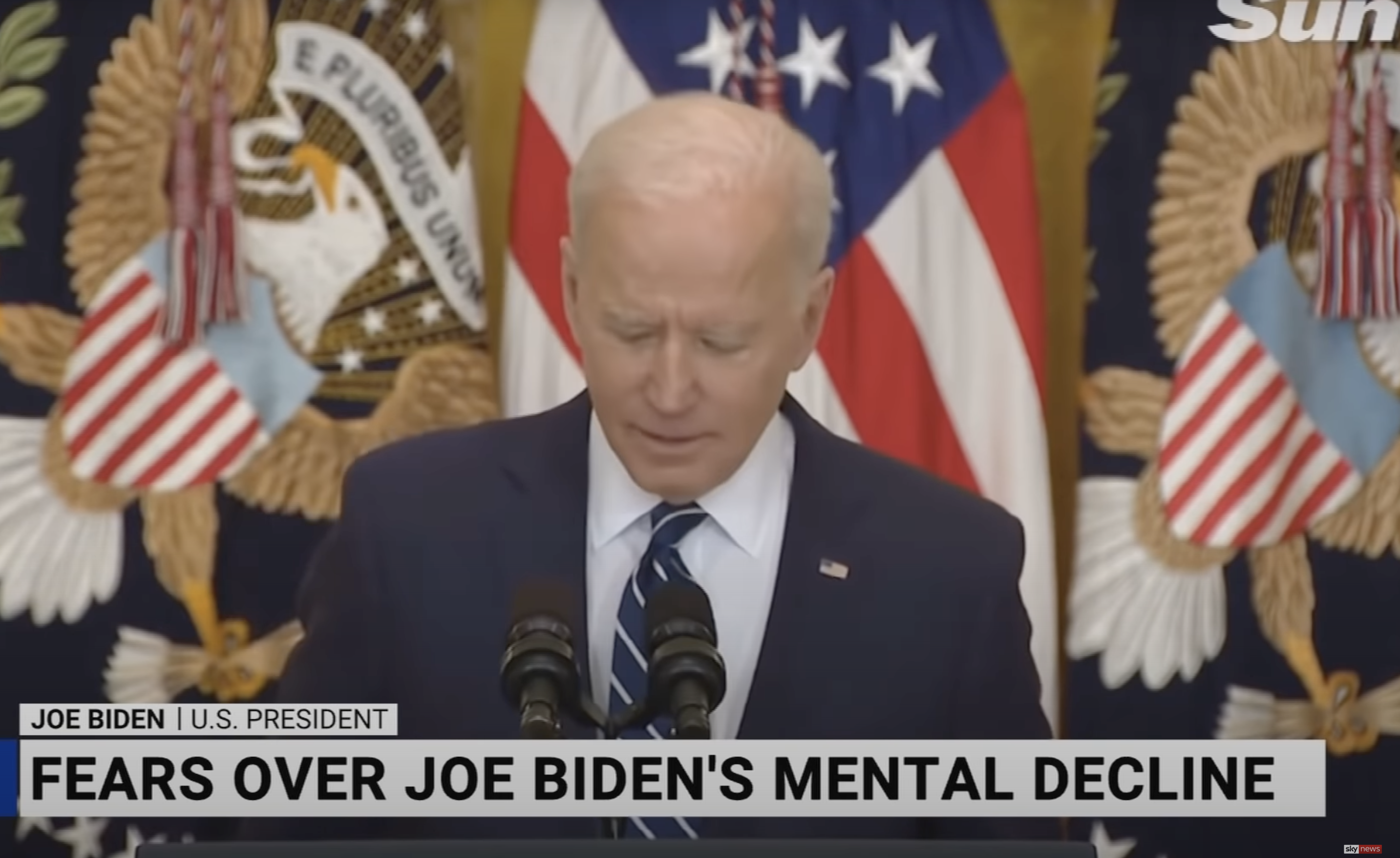
Charlie: Just found your blog through a tip from an old Vietnam artillery buddy of mine, Larry Kleinschmidt. We served with the big guns, too, with 2/32 Proud Americans, A Battery. I really appreciate your ability to write about Vietnam and how it has impacted our lives. I have done the same thing with two books in recent years. The latest is about how my high school lost 15 KIA in the war. I wanted to make sure those guys were never forgotten, especially back in our hometown. And on Friday, we remembered them all at a Wall of Honor… Read more »
Charlie: I must have just missed you. Left in late August, 1968. I will forward your blog link to Carl Miller and Jon Ringer, who you may have served with. — Terry
Terry,
After reading your comment I immediately went to the Amazon website and bought the Kindle edition of Reluctant Soldier…Proud Veteran. It’s at the top of my reading list. I hope you find my blog interesting.
Charlie, you chose the correct book. That is the one that deals with A Battery’s movements in the year prior to your arrival. And there is another book on A Battery’s Cambodian adventure in 1970 called Fire Support Base Illingsworth. I’m sure you have seen it. And yes, I am intrigued by your blog and will it in my reading. Seems like you are covering a wide range of topics. I have been more focused on military history since retiring. But there is more to the world than that. — Terry
Even as you just missed meeting me at the old French Fort, I just missed the incursion into Cambodia. I have heard that the NVA was really put on the ropes by that move. If the Army had not been forced to pull back, that might have settled the Vietnam war right there. I did not know about the book Fire Support Base Illingsworth, but I will certainly have to get a copy. As for the breadth of the subject matter in my blog, I thought I would give myself the license to be able to comment on just about… Read more »
Charlie,
I was at French Fort from Sept ’68 to Nov ’69 in the FDC. I remember you quite well. I thought you went out with the ARVN later – after we were hit in July ’69. Maybe that was the second time out that you mentioned. I’m a little pressed for time this am but will try to catch you at your email.
Dennie Wolfgang
Dennie, Wow! I never thought that starting a blog would bring me into contact with so many of my old comrades-in-arms. My recollections (which might be somewhat faulty, seeing as how we are talking about events 46 years ago) are that both times I went out with the ARVN Airborne were in the first six months of my tour. The first time I went out, we were pulled from the field and inserted into Tay Ninh City to counter some NVA who had captured the Cao Dai temple there. I am absolutely fairly certain that the time we had the… Read more »